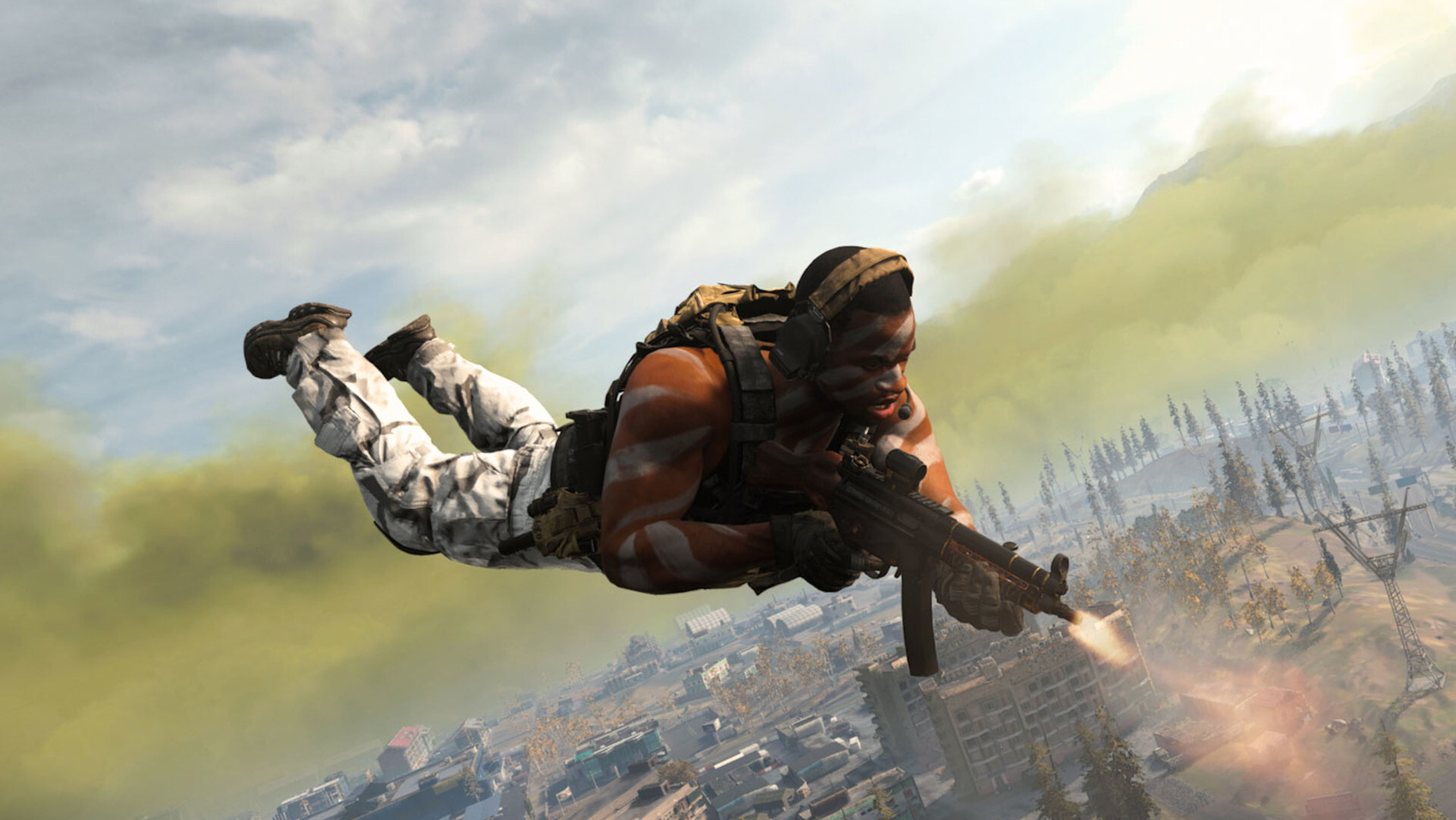
Call of Duty, just like any competitive game that achieves success, has a cheating problem. Some players will always want to cheat, cheat sellers will always sell cheats, and developers fight to stop such behaviour ruining things for everyone else. So back in 2021 publisher Activision announced it was getting serious about anti-cheat: kernel-level serious.
The Ricochet anti-cheat software focuses on the PC audience, where cheats are more easily accessible, and ever-since has been updated with amusing new tactics to strip cheaters of their ability to disrupt the game. This past June it launched a new feature that takes cheating players' weapons away (even their fists) and just leaves them at the mercy of legit players. And now it's ready to go all Final Destination on their collective ass.
A new update to the Ricochet blog initially focuses on its use of machine learning, which the developers say is a key tool in being able to sift through the vast amount of player report data Call of Duty produces. Broadly speaking, this software is getting faster at identifying cheaters and suspicious clips, though ultimately only humans can hand out bans.
Which brings us to the appropriately named Splat. Ricochet will sometimes kick cheaters immediately, but sometimes it keeps them around to track information about the account and how it's cheating: which is when it issues "mitigations" such as stripping the cheater of their weapon, or making other players invisible to them. Activision says it has "developed a new trick for cheaters" in Warzone, "we call it Splat", and here's what it does:
"With Splat, if a cheater is discovered, we may randomly, and for fun, disable their parachute, sending them careening into the ground after they deploy.
"But what if we catch them after they’ve deployed? Well, Splat can also adjust player velocity, which transforms a bunny hop into a 10,000-foot drop taking them out instantly."
All Warzone matches begin with a parachute jump onto the map, and the idea of cheaters realising that their parachute cords have been cut shortly before impact… well, it's delicious isn't it? So too the notion of some aim-hacking tryhard bunny-hopping around the map and suddenly pancaking into the pavement.
Activision says it's cooked up other tricks and will talk about them soon, and as with previous blog posts you get the sense Ricochet isn't just content to stop the cheaters: it really wants to humiliate and make fun of them where it can, an avenue of demotivation that we don't see employed very often. Splat will only be activated on accounts that are verified cheaters: so players won't be able to trigger it by reporting, and the game apparently cannot accidentally activate the feature.
Importantly, Ricochet also now tells players when it has activated in a game: as of a few months ago, a Ricochet anti-cheat logo flashes up in the kill feed to inform players a cheater has been dispatched.
Activision goes on to acknowledge that while "it’s fun to annoy cheaters that make it into games" the larger goal is stopping them "ever getting near a match." Prevention is partly about good cyber security, with Activision saying in 2023 it identified "over 110,000 player accounts on the dark web that were parsed from reused email and password combinations. We have since reset these accounts, returning them to their original owners to prevent these accounts from falling into the wrong hands."
On top of this, it's banned 80,000 accounts across Call of Duty: Warzone and Modern Warfare II, and none of these will be able to access Modern Warfare III.
Nevertheless the blogpost ends by acknowledging this is a long and ongoing war: the Ricochet team even compare the game executable to "essentially sending out copies of our house keys. Imagine trying to keep a bad guy who has copies of your keys from breaking into your home." COD's executables are encrypted, which makes things more difficult, but even so.
Oh: and if you are one of those players who likes to spam report, it's not working. Ricochet says this is a "common misconception" and the system will only consider the first report, and throttle any subsequent reports. An account will not be banned due to only reports, unless it has triggered other elements of the system, on top of which Activision has updated its "Malicious reporting" policies to make spam reporting a violation of the TOS.
The Ricochet team lists off its goals, the final one being "doing anything we can to make the lives of cheaters that make it into our games as annoying as possible." Now, pass me that shady-looking guy's parachute for a second…







